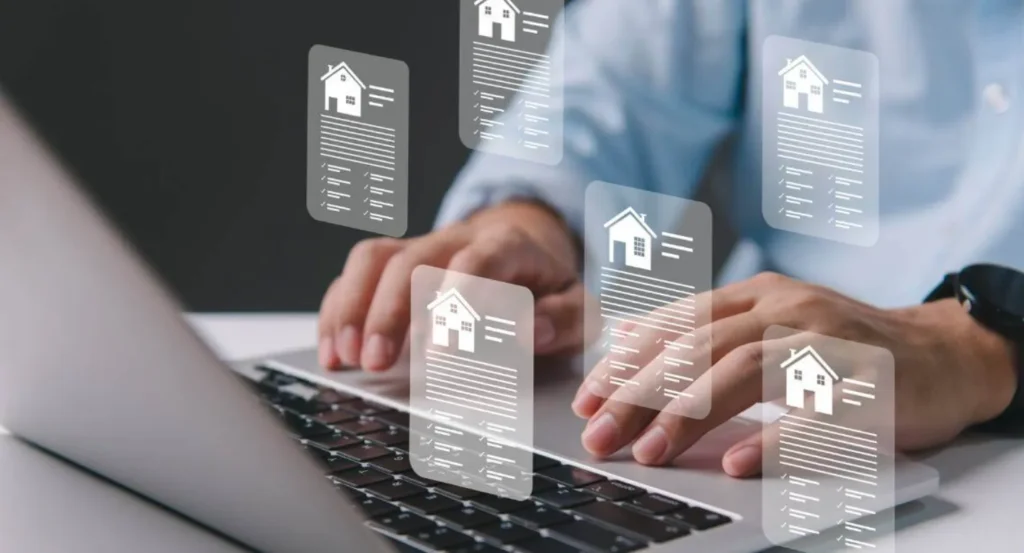
Managing rental properties can be both rewarding and challenging. While connecting with tenants and ensuring property upkeep are essential, effectively handling financial records is equally crucial. Accounting software for real estate investors has revolutionized how landlords approach these tasks, offering an efficient solution for streamlining operations and keeping finances in check.
What is Real Estate Management Accounting Software?
Real estate management accounting software serves as a specialized tool tailored to meet the unique financial needs of landlords and property managers. It integrates various functions such as income tracking, expense management, tax preparation, and tenant payment processing into one user-friendly platform. This software enhances accuracy and organization, ensuring compliance with financial regulations and facilitating seamless property management.
Investopedia highlights that the best real estate investment accounting software offers automated bookkeeping, customizable reporting, and tax preparation assistance. By streamlining everyday accounting tasks, it helps landlords maintain accurate financial management, ultimately improving the overall efficiency of their real estate businesses.
Benefits of Accounting Software for Real Estate Investors
Accounting software for real estate investors provides numerous benefits, from task automation to cost savings. Here are some key advantages:
- Automated tasks: Accounting software automates daily bookkeeping tasks such as rent payment documentation and late fee enforcement. This saves landlords time and reduces the burden of manual data entry.
- Error reduction: Manual data entry is prone to errors like typos or duplicates. By importing data directly from spreadsheets or digital platforms, accounting software minimizes these risks, ensuring precise and up-to-date records.
- Tax preparation: Automating tax preparation, these platforms generate tax forms and track deductible expenses. They help landlords remain compliant with IRS requirements by organizing financial data into tax-ready reports.
- Cost-effectiveness: By reducing reliance on costly accountancy services, real estate management accounting software saves money. Subscription plans are often cheaper than traditional accounting services, providing continuous benefits and reducing potential errors.
Key Features of Accounting Software
Choosing the right real estate management accounting software involves understanding the features that will benefit your property management tasks:
- User-friendly interface: An intuitive design is vital for quickly managing tasks like rent tracking and generating reports without a background in accounting.
- Tailored reports: The ability to customize financial reports provides insights into cash flow and expenses, helping make informed property management decisions.
- Mobile access: Access financial data and tenant information on the go with mobile apps, facilitating effective property management from anywhere.
- Scalability: Ensure your software can grow with your business, accommodating additional properties and advanced features as needed.
- Legal compliance and risk management: By maintaining detailed records, accounting software aids in adherence to tax obligations and reduces the likelihood of audits.
Choosing the Right Real Estate Accounting Software
Selecting the best software for your needs involves considering several key factors:
- Property size: For smaller portfolios, basic software features may suffice. Larger portfolios might require advanced tools such as customizable reports and scalability.
- Budget: Determine the best plan for your needs, from free versions to monthly subscriptions that range in price.
- Required features: Prioritize the accounting features most relevant to your business, whether tax preparation, multiple unit management, or detailed reporting.
Some options include:
- REI Hub: Focuses on rental property accounting with detailed reporting tools.
- QuickBooks: Offers extensive accounting tools with property-specific add-ons.
- AppFolio: Equipped with robust features for managing large portfolios.
- Ledgre: Our software supports all essential functions, such as creating income and expense records, integrating with rental management software, and generating financial reports.
Accounting Software is a Gamechanger for Landlords
In the competitive realm of real estate, staying organized is vital. By adopting real estate investment accounting software, landlords and property managers can enhance accuracy, save time, and focus more energy on growing their rental business. From handling routine bookkeeping to navigating tax season, the right tools ensure efficiency and compliance. Embrace modern solutions and keep outdated methods at bay. Whether you are managing a single rental or an extensive portfolio, accounting software makes property management a seamless experience.